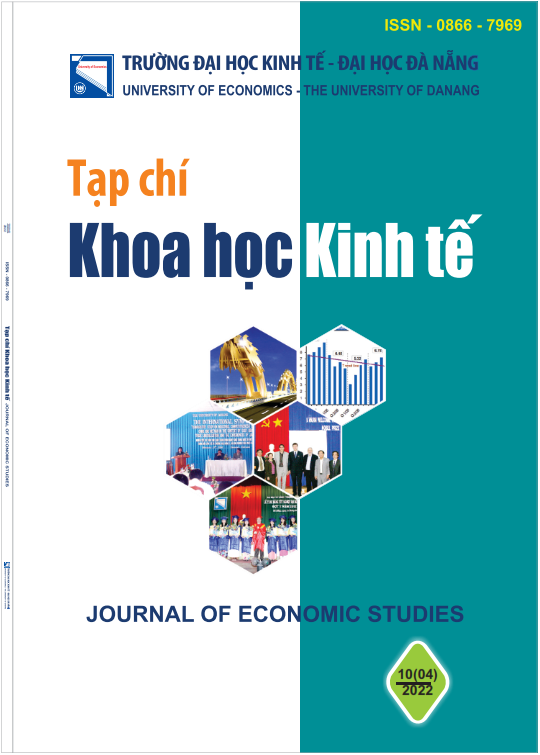Local economic zones for economic development
Abstract
Research purpose: The paper identifies a framework to strengthen local economic networks in the face of Covid Pandemic and Ukraine war economic shocks and an already politically fracturing global economy as the USA and China re-evaluate their relationship in response to China’s rise.
Research motivation: Economic networks are being destabilised and fractured as geopolitical tensions and Pandemic “Bull Whip” effects drive supply chain disruption, energy price rises and changes in the relative strength of the United States Dollar. To date, different forms of “development structure” have been envisaged (including Export Processing Zones, Special Economic Zones, Free Trade Zones, High Technology Zones, clusters) to strengthen region and country performance. Whilst in a narrow sense instance these have been acclaimed as “successful”, evidence suggests that there is no inevitable linkage that drives business in the nearby locality to grow and benefit from this success, rather these zones can act to displace activity from one location to another, without stimulating the entrepreneurial framework that drives the higher rates of successful innovation and entrepreneurship required for economic progress. This contribution outlines aspects to underpin a framework for collaborative “Local Economic Zones” that enable innovation, entrepreneurship, and economic progress. These Local Economic Zone are typified by anchor firms that drive local activity whilst being themselves strengthened to compete on a regional, pan-regional and global level.
Research design, approach, and method: This research paper combines author experience-based action research with statistical compilation, transliteral modelling and literature review. We focus on opportunities to drive economic progress by understanding what already exists within the locality and then gap filling by (i) providing access to technology, finance and skills development through a local anchor institution, the “entrepreneurial university” that is local in character, but global in outlook and (ii) to enable complementary MSME capability together to support anchor firm competitiveness by providing a low cost solution to MSME access to finance that helps successful MSME’s develop the information infrastructure to enable medium term affordable access to commercial bank and capital market capital. Our vehicle for this is to introduce a Central Bank regulated community currency related to the Local Economic Zone that acts as a limited convertibility “Stable Coin” that supports intra- Local Economic network trade.
Main findings: Opportunities exist to combine driving geo-spatially dimensioned economic growth and development with strengthening that defined economic geography’s economic resilience. Local networks are crucial to foster collaborative working and supply flexibility based upon deep trust. These need to be facilitated by an anchor institution such as an Entrepreneurial University and augmented by improved MSME access to finance. For the latter we propose a Central Bank integrated stable coin that only be used within the specific region and that collects the data on MSME transactions that can help transition them into the mainstream commercial banking sector.
Practical/managerial implications: The framework opens the door to raising local growth rates and improving economic resilience within a defined region or country. The framework combines academic research with practical experiences, so offers an implementable framework that is locally driven to (i) strengthen local relationships and trade, (ii) enhance external competitiveness of the anchor firms and (iii) help MSME network members to freedom from finance constraints. Local implementation goes hand in hand with “Regulatory Integration” into Central Bank for the stable coin and a local anchoring institution (we propose the Entrepreneurial University) to grow and nurture network connections.

